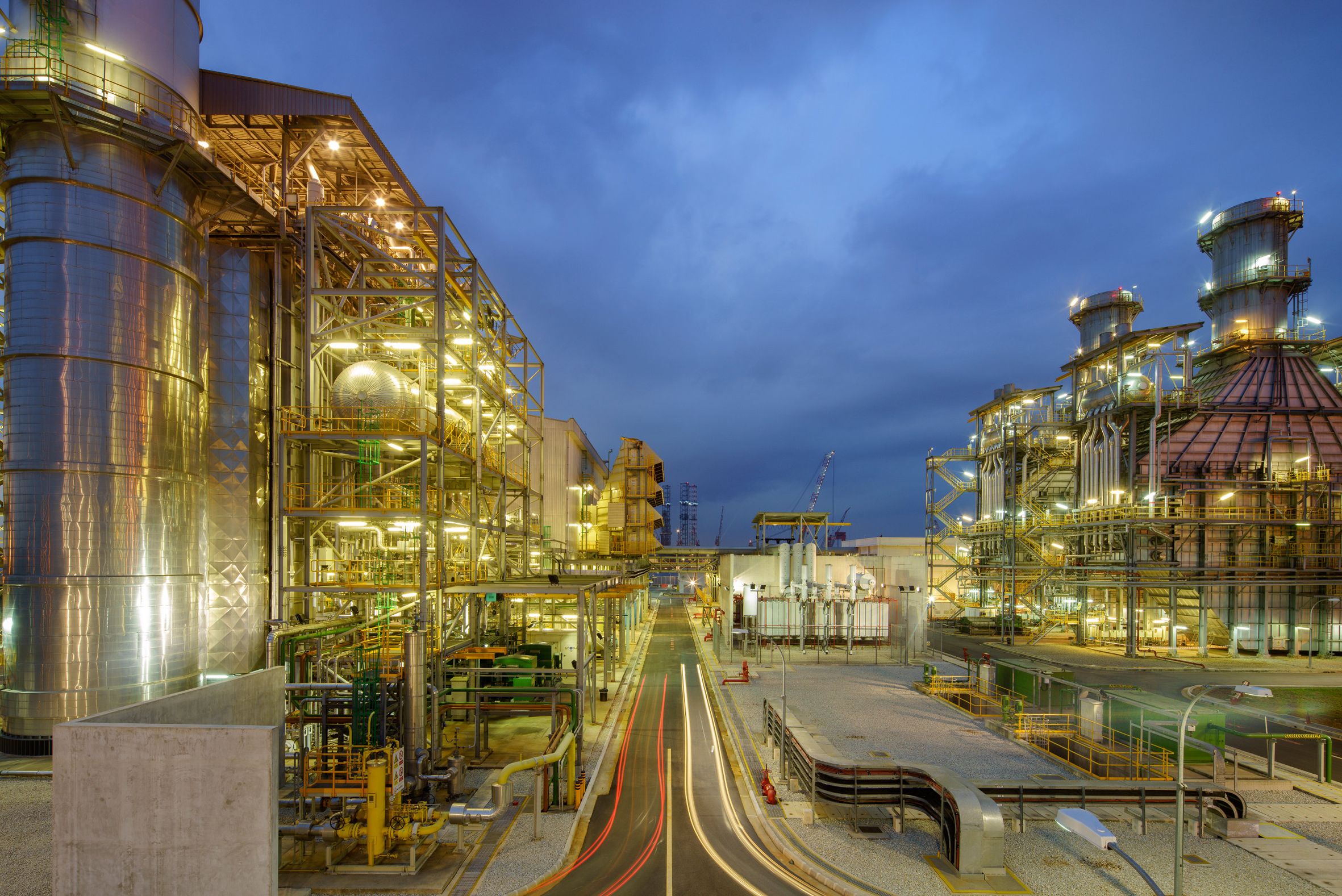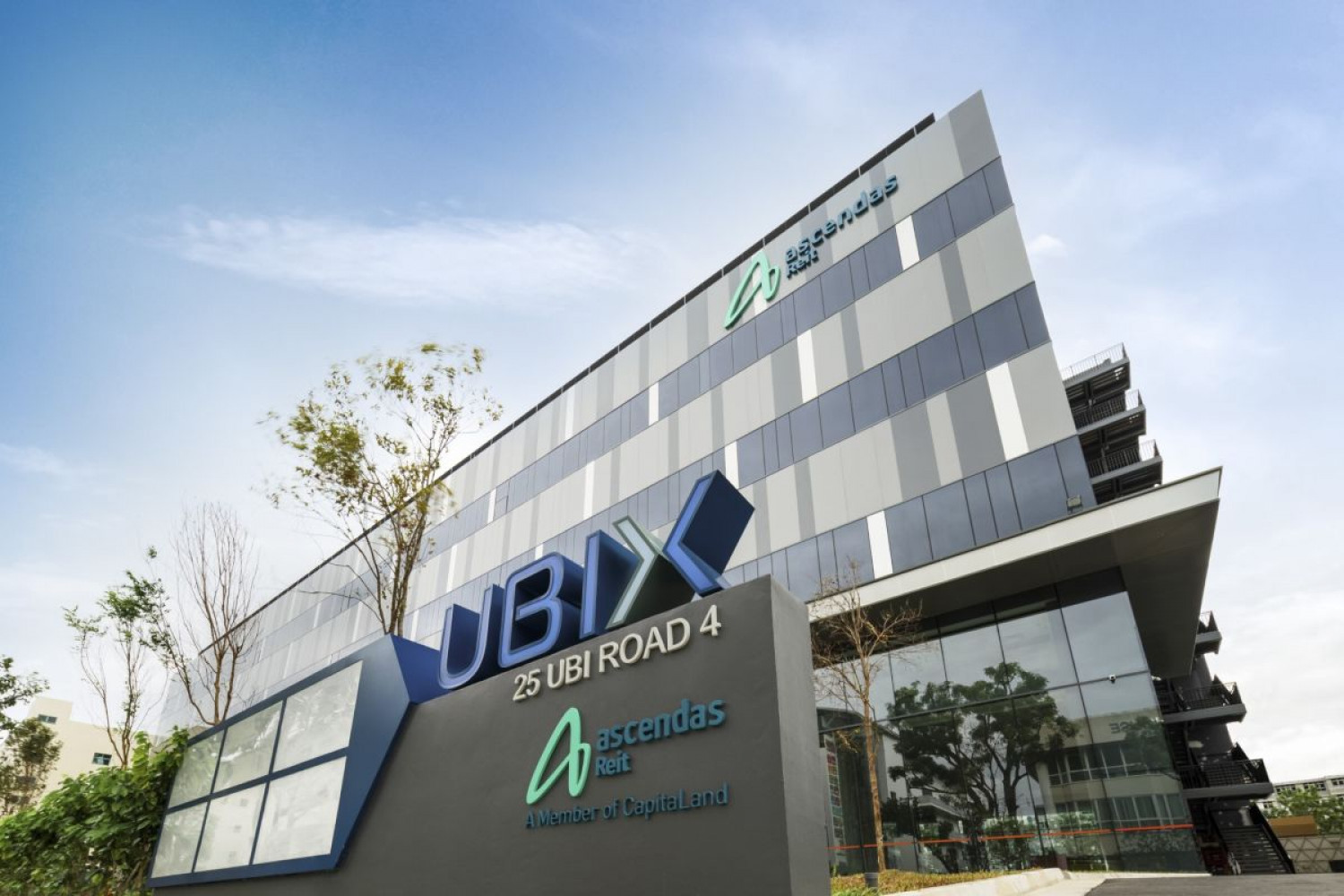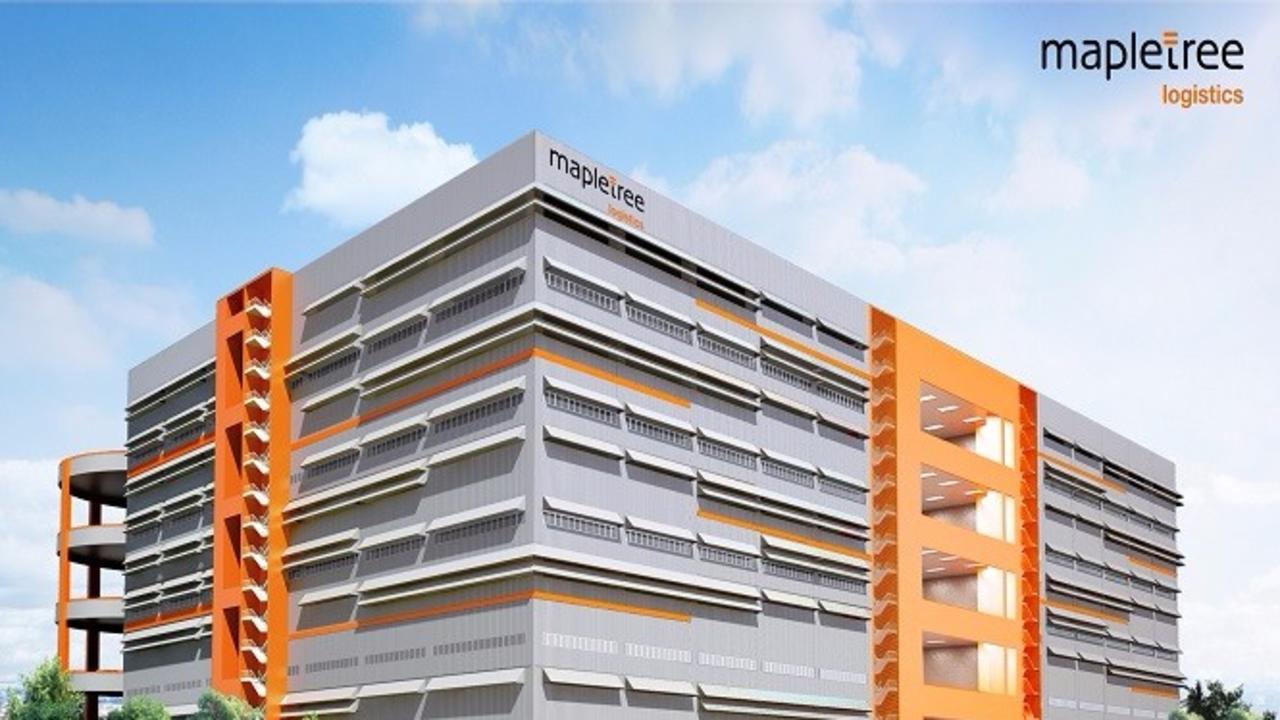On 31 January 2024, Keppel Infrastructure Trust (“KIT”) announced their 2023 full year result. Based on the results, their distributable income can sustain the dividend payout over the last few years excluding the one-off distribution relating to the Ixom Capital Optimisation. This translates to a healthy yield.
However, with the large distribution paid out in relation to the Ixom Capital Optimisation as well as management continuing to pay out dividends based on EBITDA, there is a significant decrease in net asset value per share this quarter to SGD0.155 as at 31 December 2023. This naturally also pushed up their gearing and P/B ratio making it look expensive at the current share price. This trend is likely to continue, and investors should keep in mind the possible risks as highlight in the “Key things to note” section.
Take note as well that on 5 February 2024, KIT have announced their proposed acquisition into a bus service business in Victoria, Australia. This is different from the other assets under KIT’s current portfolio and investors will need to monitor if it is worth.
Website: Financial Statements And Related Announcement::Full Yearly Results
Photo source: https://www.kepinfratrust.com/
Background
KIT is the largest diversified business trust listed in Singapore. KIT’s portfolio comprises strategic businesses and assets in the three core segments of Energy Transition, Environmental Services, and Distribution & Storage. These businesses and assets provide essential products and services across a broad range of industries; and generate regular and resilient cash flows, with potential for growth that is supported by favorable long-term market dynamics and demand. This is in line with KIT’s long-term goal of delivering sustainable and growing returns to Unitholders, through a combination of recurring distributions and capital appreciation.
Keppel Infrastructure Fund Management Pte Ltd (“KIFM”) is the Trustee-Manager of KIT. KIFM is a wholly-owned subsidiary of Keppel Capital, a premier asset manager with a diversified portfolio in real estate, infrastructure, data centres and alternative assets in key global markets.
Keppel Infrastructure Holdings Pte. Ltd., a wholly-owned subsidiary of Keppel Corporation Limited, is the Sponsor of KIT.
The breakdown of their business are as follows:
- Energy Transition
- Environmental Services
- Distribution and Storage
The Energy Transition segment comprises of City Energy, Aramco Gas Pipelines Company, Keppel Merlimau Cogen Plant (“KMC”) which is a cycle gas turbine power plant, European Onshore Wind Platform and a 465MW German offshore wind farm (“BKR2”).
The Environmental Services segment comprises of Senoko Waste-to-Energy (“WTE”) Plant, Keppel Seghers Tuas WTE Plant, Keppel Seghers Ulu Pandan NEWater Plant, SingSpring Desalination Plant and Eco Management Korea Holdings Co., Ltd (“EMK”).
The Distribution and Storage segment comprises of Ixom and Philippine Coastal Storage & Pipeline Corporation.
Key Metrics
Distributable Income
| Metrics | Current | Previous |
|---|---|---|
| Distributable Income | +42.4% | +93.2% |
For the full year 2023, distributable income has increased by 42.4%. This was mainly due to the capital optimisation from Ixom of SGD131 million that was noted in 2023Q3 which also resulted in the previous quarter to see an increase in distributable income by 93.2%.
As the capital optimisation is a one-off adjustment, if we want to look at the underlying, we should exclude it from the distributable income. Worth noting that the distributable income from assets amounted to SGD304 million, an increase by 5.5% compared to the previous financial year.
Corporate expenses this quarter also included higher expenses from the capital optimisation. Using the previous announcement as a reference, corporate expenses in for the first half of 2023 was 50% higher than the first half of 2022. Therefore a reasonable corporate expense would be approximately SGD99 million for the FY2023 using the SGD66 million for FY2022 as a base.
Taking into consideration the two adjusted numbers above, distributable income from operations for FY2023 would be approximately SGD205 million. This would represent a decrease of 7.7% as compared to the same period in the previous financial year.
Therefore although there has been a substantial increase in distributable income, this metric is Neutral as the underlying assets was not the main contributor of the increase. Management have been kind to distribute to unitholders this one-off gain, but it remains to be seen if in the future this will be sustainable.
Gearing Ratio
| Metrics | Current | Previous |
|---|---|---|
| Gearing Ratio | 39.9% | 36.8% |
Gearing ratio stands at 39.9% as at 31 December 2023 compared to 36.8% in the previous quarter. The decrease was mainly due to the large dividend payout and drawdowns in 2023Q4.
Although KIT are not subjected to the same gearing requirements as REITs, the MAS rule is a safeguard to prevent the REIT from being overleveraged, which will help to protect investors capital. Using the REIT benchmarks, this metric is Neutral.
Interest Coverage
| Metrics | Current | Previous |
|---|---|---|
| Interest Coverage | 1.7x | 1.7x |
If using the same computation as REITs (EBIT/net interest expense), as of 31 December 2023 the EBIT of the trust is SGD275 million while finance costs is SGD162 million. This translates to interest coverage of 1.7 times and thus there is insufficient interest coverage. So while they generate sufficient cash flows to pay the interest, profits are not sufficient to cover the interest expenses comfortably. The overall metric is Unfavorable as the interest coverage is lower than my preference of 3.0 times and may worsen.
The Federal Reserve on 13 February 2024 have indicated that interest rates may need to stay high for a longer period as they are waiting for more evidence of easing price pressures before they cut interest rates, after a government report on Tuesday showed consumer inflation stayed elevated last month. This was after increasing the interest rates to a range between 5.25% and 5.50% on 26 July 2023.
Website: Fed seen waiting longer to cut rates as inflation stays elevated
The sensitivity analysis using the information as at 31 December 2023. The adjusted distributable income excludes the distribution from the Ixom Capital Optimisation.
| Description | Amount (SGD’000) |
|---|---|
| Total Debt | $2,700,000 |
| Debt Not Hedged (%) | 17.0% |
| Debt at Floating Rate Exposed | $459,000 |
| Adjusted Distributable Income FY2023 | $205,000 |
Interest rate sensitivity analysis as below:
| Change in Interest Rates | Decrease in Distributable Income (SGD’000) | Change as % of 2023 Distribution |
|---|---|---|
| + 50 bps | -$2,295 | -1.1% |
| + 100 bps | -$4,590 | -2.2% |
| + 150 bps | -$6,885 | -3.4% |
| + 200 bps | -$9,180 | -4.5% |
| + 250 bps | -$11,475 | -5.6% |
| + 300 bps | -$13,770 | -6.7% |
Do note the above is my estimation which may be different from management’s estimation. Nonetheless, if the interest rates were to increase by the basis points above, KIT may experience a fall in distribution income accordingly.
Debt Maturity Profile
| Metrics | Current | Previous |
|---|---|---|
| Debt Maturity Profile | 3.3 years | 3.4 years |
Weighted average term to maturity of their debt stands at 3.3 years as at 31 December 2023. This is Favorable and it allows them sufficient time to refinance their debts as they fall due.
Price to Book Ratio
| Metrics | Current | Previous |
|---|---|---|
| Price to Book Ratio | 3.23 | 2.35 |
The Price to Book (“P/B”) ratio currently stands at 3.23. This is computed using the closing share price of SGD0.500 on 20 February 2024 and the net asset value per share of SGD0.155 as at 31 December 2023.
The P/B ratio is Unfavorable as there are other business trusts, such as CapitaLand India Trust (SGX: CY6U) and NetLink NBN Trust (SGX: CJLU), which have lower P/B ratios as at 20 February 2024.
Dividends
| Year | Yield | Total |
|---|---|---|
| 2024 | 1.92% | SGD 0.010 |
| 2023 | 14.28% | SGD 0.071 |
| 2022 | 7.66% | SGD 0.038 |
| 2021 | 7.44% | SGD 0.037 |
| 2020 | 5.58% | SGD 0.028 |
| 2019 | 7.44% | SGD 0.037 |
In 2023, there was a special distribution of SGD0.0233 per share. This resulted in the total dividends for the calendar year to increase to SGD0.071 per share and a dividend yield of 14.28%.
This may be a good indication of management intentions to distribute special distributions in the future. With KIT’s increasing distributable income, this may translate to higher dividend in the future.
Nonetheless, as prudence it is more likely to assume that the distribution was to maintain at SGD0.0384 per share each calendar year excluding any special distribution. With a closing share price of SGD0.500 as at 20 February 2024, this translates to a healthy 7.68% dividend yield and looks to be sustained in 2024.
Do note there are differences in yield for 2024 and 2020. 2024 was due to the fist payout in 2024 was only for 2023Q4 and the amount for 2023Q3 was paid out earlier with the special distribution. 2020 was due to the change in dividend payout policy from quarterly to semi-annually. There was thus no payout in September 2020. They have not missed their dividend payments since 2016.
For my benchmark, a general reasonable range would be around an average of 5.25% to 6.25% in the current environment, and KIT have been consistent throughout the years within the expected range.
Website: Reasonable Dividend Yield 2024Q1
The dividend yield is Favorable.
Key things to note
Growing towards asset light
KIT has a wide range of plants and operations. By no means it is an asset light Company. However from an accounting point of view, they have been paying out dividends that are higher than their earnings. This is possible because of the high depreciation, which is a non-cash adjusting expense, resulting in high EBITDA as compared to profits.
For illustration purposes, imagine a scenario where you are in the business of car rental. The useful life of cars in Singapore companies are generally 10 years. This is due to the Certificate of Entitlement (“COE”) lasts only 10 years, and the value of the car is thus depreciated over its 10 years useful life. However, over the course of the 10 years, at the end of the useful life with the expiry of the COE, you will need to pay an equivalent amount to purchase a new car with a new 10-year COE. The new purchase would not be possible if you pay out dividends based on EBITDA and have no cash savings from the dividend expense.
What management is saying is that the assets of KIT do not have a high replacement cost at the end of its useful life. and the assets will still be able to continue to operate indefinitely. Thus they do not need to save money from the depreciation expense for a potential replacement of the assets.
The result is that the net asset value of the Company will continue to decrease as they continue to pay out the dividends sustained using EBITDA. Eventually if they would like to secure new financing, their balance sheet will seem to have insufficient assets to pledge as collateral for new borrowings.
Summary
| Metrics | Financials | Rating |
|---|---|---|
| Distributable Income | +42.4% | Neutral |
| Gearing Ratio | 39.9% | Neutral |
| Interest Coverage | 1.7x | Unfavorable |
| Debt Maturity Profile | 3.3 years | Favorable |
| Price to Book Ratio | 3.23 | Unfavorable |
| Overall | Neutral |
Overall, the fundamentals of KIT have worsened as their net asset value decrease, resulting in an increase in gearing and P/B ratio. Keep in mind that the financials and metrics are not similar to REITs. Investors will thus have to ensure that they are comfortable with how the financials operate, especially as the net asset value per share continue to downtrend.
Disclaimer: Not financial advice. All data and information provided on this site is for informational purposes only.
Previous Post
Website: Keppel Infrastructure Trust (SGX: A7RU): 2023 Third Quarter Business Update




